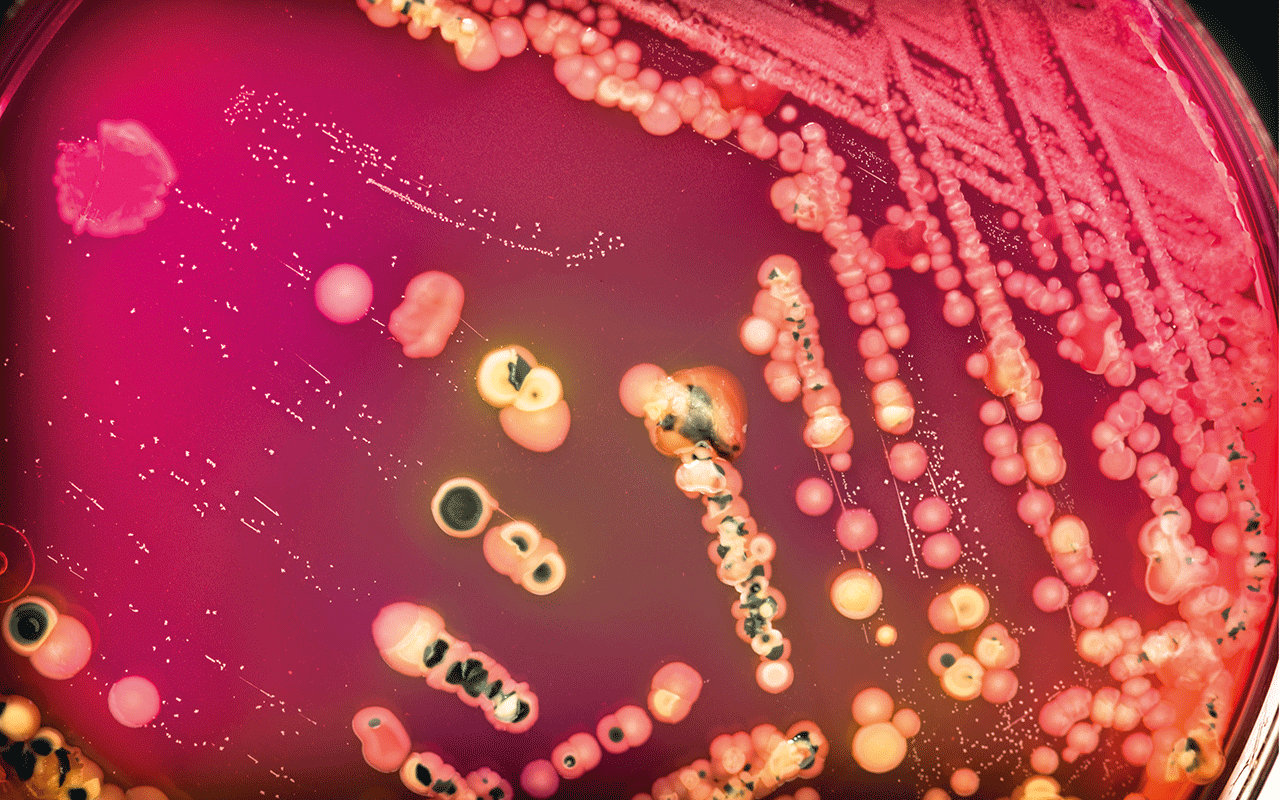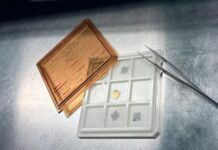Scientists at Ben-Gurion University of the Negev (BGU) say they have invented an artificial nose equipped to perform continuous bacterial monitoring – a capability they say has never previously been achieved and one with multiple applications in medicine, environmental monitoring and food.

The system employs a proprietary formulation of carbon nanoparticles (“carbon dots”) capable of sensing gas molecules and detecting bacteria through the volatile metabolites these microorganisms emit into the air, according to lead researcher Raz Jelinek.
The sensing mechanism is based on recording the capacitance of interdigitated electrodes (IDEs) coated with carbon dots (C-dots) exhibiting different polarities. These different polarities lead to what appear to be significant benefits in terms of selectivity and sensitivity, determined by “polarity matching” between the C-dots and gas molecules, according to the paper, published in Nano-Micro Letters in April.
The selectivity is further boosted by the use of machine learning algorithms to provide “excellent predictability both in the case of individual gases and for complex gas mixtures.”
The C-dot artificial nose facilitates, seemingly for the first time, “real-time, continuous monitoring of bacterial proliferation and discrimination among bacterial species, both between Gram-positive and Gram-negative bacteria and between specific strains.”
The patent-pending technology has many applications including identifying bacteria in healthcare facilities and buildings; speeding lab testing and breath-based diagnostic testing; identifying “good” vs. pathogenic bacteria in the microbiome; detecting food spoilage and identifying poisonous gases.
The resulting C-dot-IDE platform constitutes a versatile and powerful vehicle for gas sensing in general, and bacterial monitoring in particular, say the researchers. “Machine learning can be applied to train the sensor to identify different gas molecules, individually or in mixtures, with high accuracy.”







